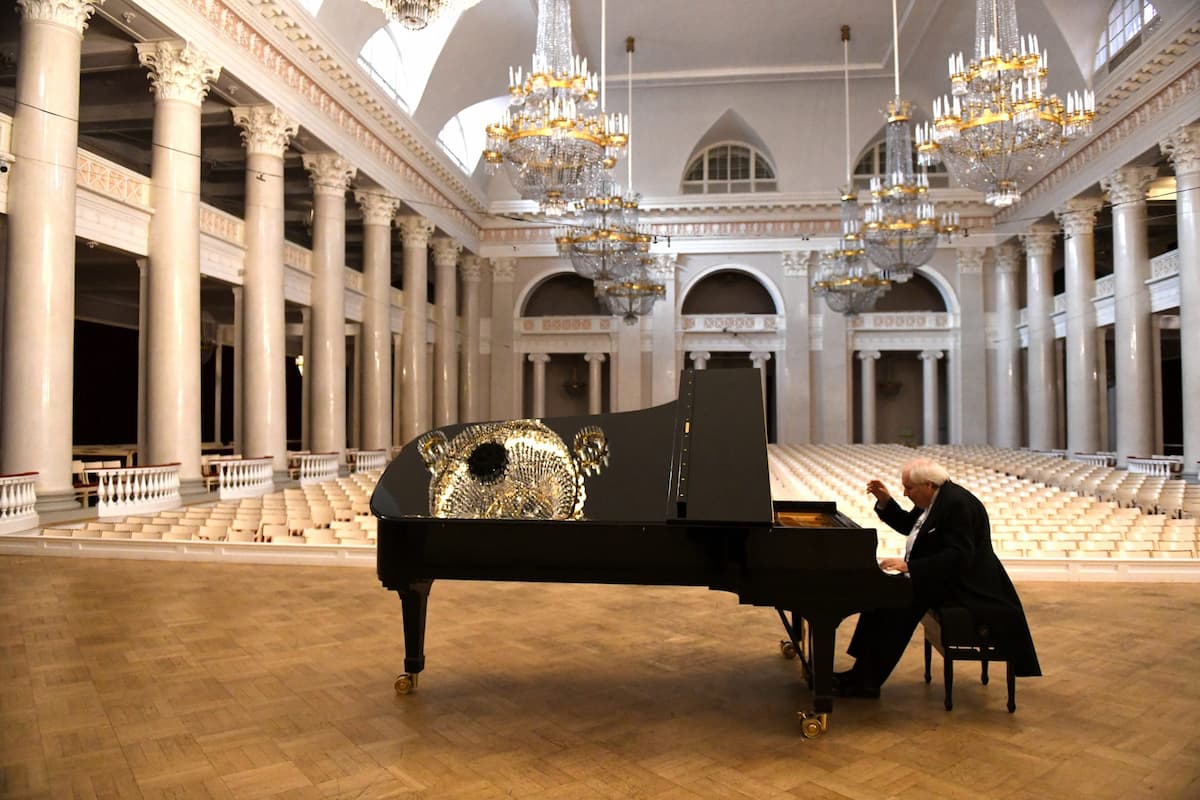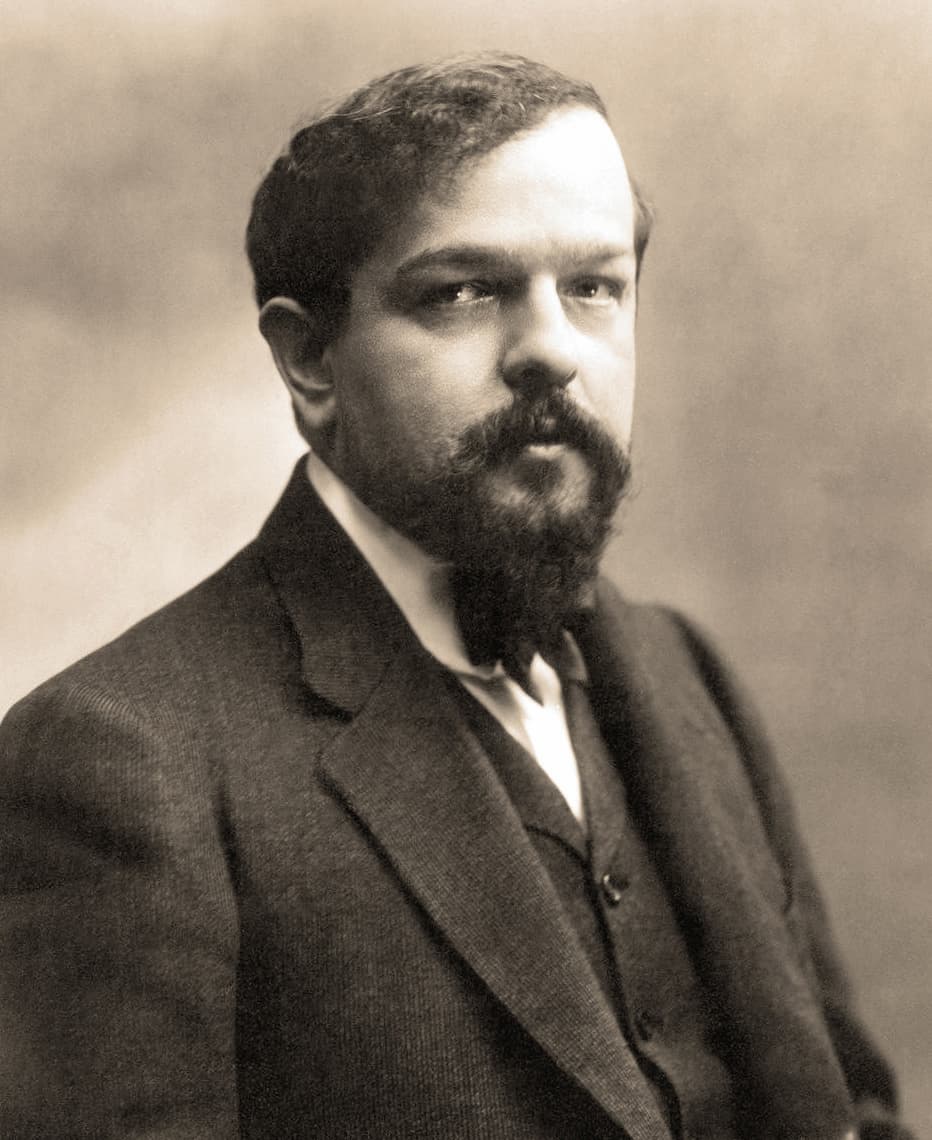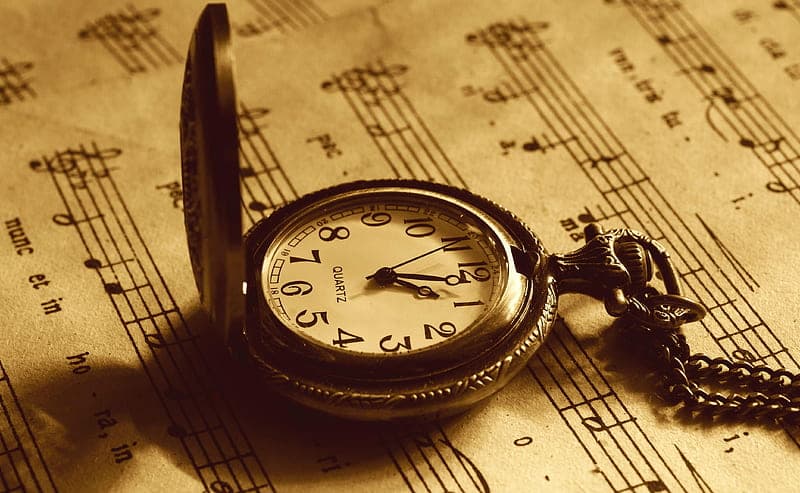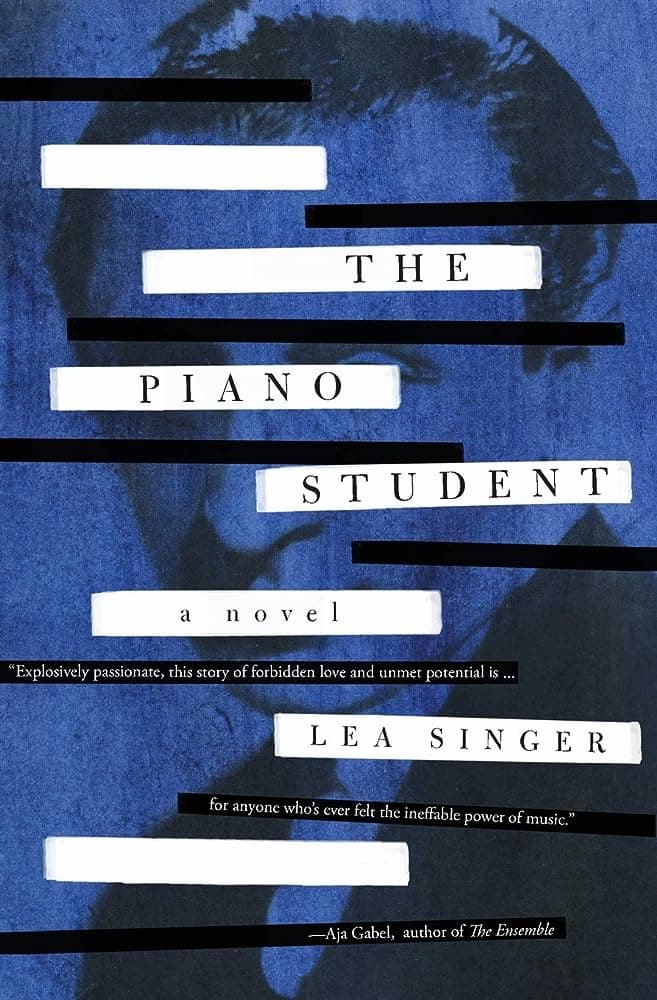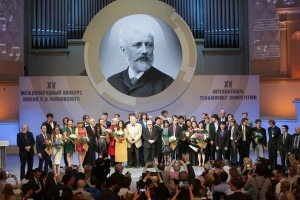
Credit: http://tchaikovskycompetition.com/
This prestigious competition, under recent leadership of conductor Valery Gergiev, is by far the most musician-centric competition I personally have experienced. There was no indication that the judges were there to expand their empire, escalate their egos or acquire more talents under their wings. Besides, the professional status of these venerable judges is so high up there that they really do not need extra feathers in their hats. The interviews with members of the jury were most invaluable. So much of their humanity came through, exhibiting “learnedness”, wisdom as well as compassion.
With piano, violin, cello and voice presented under one umbrella, there was a sense of unity among these instruments, validating the fact that music indeed transcends all disciplines. Other competitions usually feature exclusively one instrument, which put the focus inevitably on its technical aspects. But here, I really felt it was truly a “MUSIC” competition. In addition, I felt an inexplicable sense of camaraderie with the millions of viewers (music lovers undoubtedly) from over 160 countries around the world, who participated along with me watching Medici TV in real time (sometimes into the wee hours of the night)!
As for the prize winners, here are my thoughts:
1) Lucas Debargue from France (4th prize): a relatively newcomer to the music scene, who was studying literature and art before deciding at age 20 (4 years ago) to focus on his pianistic development – showed that artistry can be manifested in sparsely few words (i.e. notes). His “Valse Sentimentale” – Tchaikovsky op. 51 #6 – programmed in the 1st final gala was simple but complex, and yet it stood up well alongside all these gigantic concerti by Prokofiev and Tchaikovsky. One could hear a pin drop throughout his performance. The audience was mesmerized!
Lucas Debargue
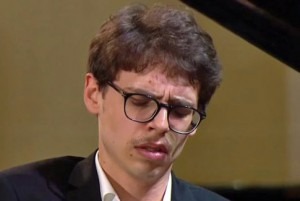
Lucas Debargue
Credit: http://www.pizzicato.lu/
Lukas Geniusas
3) George Li from U.S.A. (shared 2nd prize) : a recipient of much recognition and publicity as a child prodigy. Now at age 19, he had already collected a long list of accolades prior to entering this competition. He clearly displayed talent, virtuosity and technical prowess, and must be every Chinese parent’s dream son – attends Harvard and plays piano like Lang Lang!
George Li
4) I personally would not pay any money to hear the 1st prize Russian winner Dmitry Masleev in concert, though there must be reasons the judges were impressed with him. He won the Mozart Piano Concerto special award, and I must have lost sleep wondering why. However, I would like to hear the Polish semi-finalist Julia Kociuban again in the future, hopefully with less erratic rubatos and more polished stage presence – rather than behaving like a school girl taking piano exams.
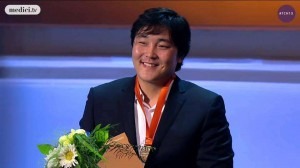
Ariunbaatar Ganbaatar
Credit: http://us.gstat.mn/
Ariunbaatar Ganbaatar
However, the defining moments of the whole competition (and the most sublime) were in the Tchaikovsky 2nd Piano Concerto, 2nd Movement, when the concert master and principal cellist from the State Academic Symphony Orchestra of Russia engaged in the most incredible goose-bump inducing dialogue with pianist Lukas Geniusas (his final round). In my opinion, those moments were Tchaikovsky at his best. I can replay that movement a hundred times :
Lukas Geniusas
Thank you, Medici TV!
The XV Tchaikovsky Competition

